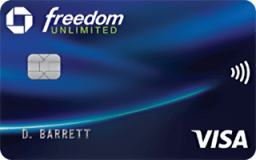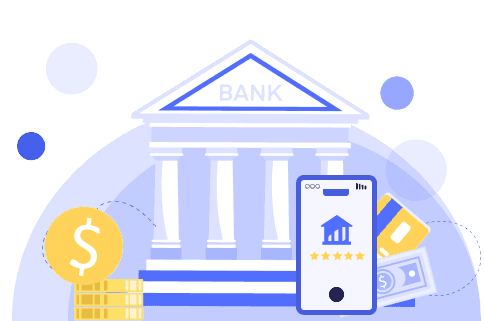Bank accounts provide a convenient and secure way to manage your money, whether online, at a traditional bank or at a credit union. Online banks and credit unions generally provide higher interest rates on savings accounts compared to traditional banks.
Different account types cater to various needs, like spending (checking accounts), short-term saving (savings accounts), higher interest rates (money market accounts), long-term investing (certificates of deposit) or tax advantages (Individual Retirement Accounts). The right account depends on your specific financial goals.













